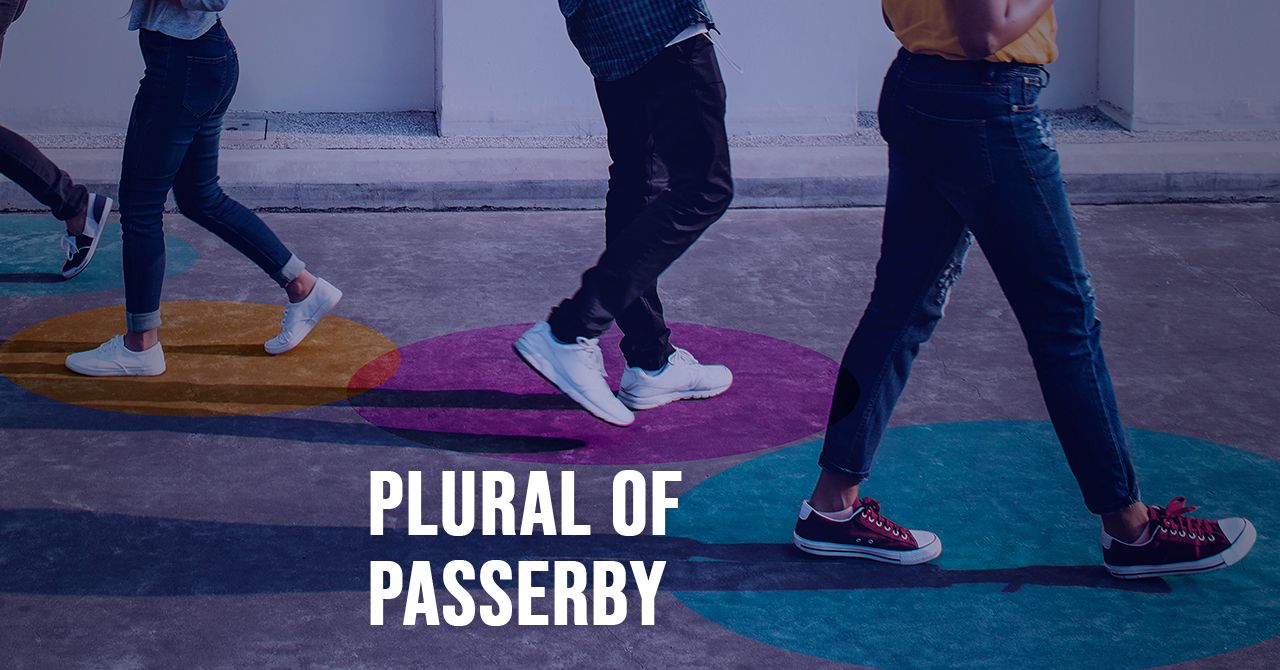
Is “passerbys” a correct label for people passing by and why it’s not?
A passerby is usually someone who goes somewhere and minds their own business but at some point passes by a place or person.

Get a FREE guide!
Want to sound like a native English speaker?
Get our free PDF with top tips that work.

Check your email!
“Passerby” is a convenient expression that helps us mention a random person who passes by something or someone, without any need for additional details about that person. A passerby is usually someone who goes somewhere and minds their own business but at some point passes by a place or person.
Sometimes, a passerby becomes a witness of (or acter in) an accident and ends up mentioned in news articles such as Right place, right time: How a passerby saved a Gananda teen about to die | RochesterFirst or Passerby helps Fresno family evacuate from house fire | YourCentralValley.com.
But what word to use when there’s more than one passerby in the story?
Passerbys, passerbyes, and other awkward forms
The most natural way to build a plural form of a noun is to add a -s or -es. But then we get clumsy attempts like “passerbys, “passerbyes,” and “passer-bys.” Of course, none of them is correct.
“Passerby” is a compound word. It is built by bringing together the noun “passer” and adverb “by.” And we can’t attach a -s to an adverb. In this case, we can only add it to the noun.
The correct plural form for passerby
So, the correct way to refer to people passing by is “passersby.” There used to be a hyphen in this word, and you may still find “passers-by” in some texts and old dictionaries, but “passersby” is the standard form and, as such, it’s completely safe to use.
Examples of passersby in sentences
Passersby saved a trapped kitten.
Passersby helped the police identify the thieves.
Her music attracted a number of passersby.
They have nothing to do with it. They’re just passersby.
















